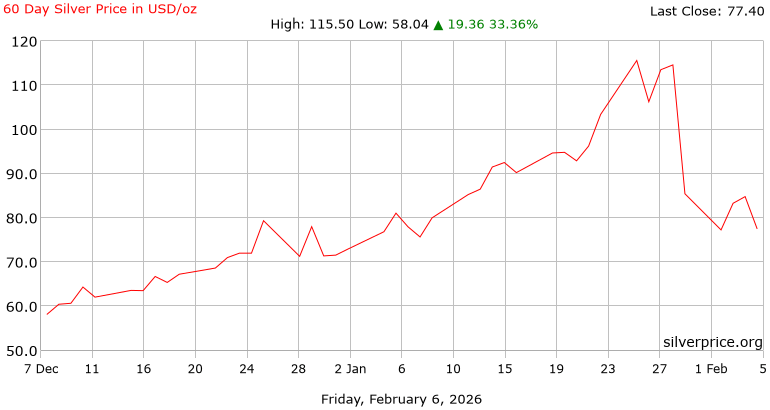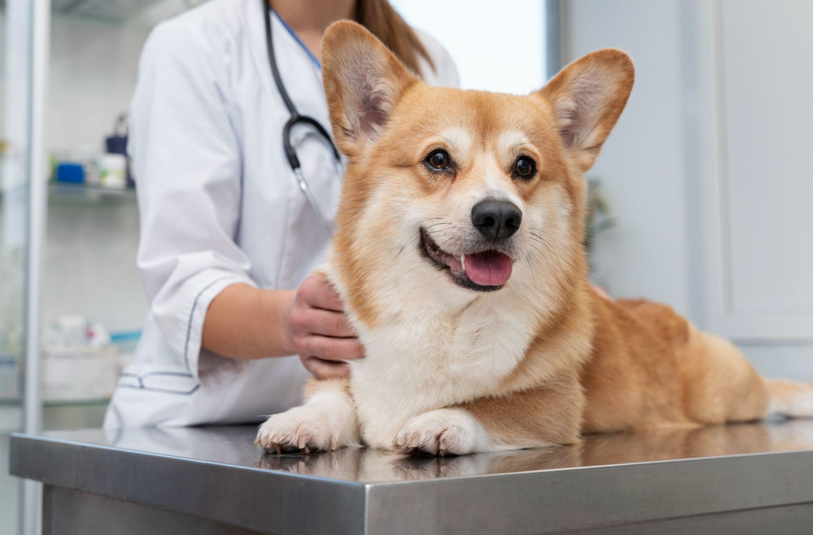Horse racing significantly impacts animal health through its commitment to veterinary care, nutrition, and exercise for racehorses. This industry prioritizes preventive measures and rehabilitation, promoting the longevity and well-being of these equine athletes. Innovations like telemedicine and wearable technology further enhance health management. However, the underlying question remains: how do these practices influence not only the horses’ performance but also the ethical considerations surrounding their treatment?
The Importance of Veterinary Care in Horse Racing
Although horse racing is often celebrated for its speed and excitement, the well-being of the equine athletes is paramount, necessitating comprehensive veterinary care.
Preventive care, including regular health assessments and vaccinations, is crucial to minimize injuries.
Additionally, rehabilitation programs are essential for recovery post-race, ensuring that horses receive the necessary support to maintain their health and return to racing safely and effectively.
Nutrition and Exercise: Key Components of Equine Health
Nutrition and exercise serve as the cornerstone of equine health, directly influencing the performance and well-being of racehorses.
A balanced diet, often enhanced with dietary supplements, ensures the necessary nutrients for optimal performance.
Additionally, tailored exercise routines promote cardiovascular fitness and muscular strength, fostering resilience and agility.
Together, these elements support not only athletic prowess but also the overall quality of life for the horse.
See also: Horse Racing and Its Role in Preserving Breeds
Innovations in Equine Health and Technology
As advancements in technology continue to reshape various industries, the field of equine health is experiencing a remarkable transformation that enhances the care and management of racehorses.
Telemedicine advancements enable remote consultations, ensuring timely veterinary care, while wearable technology monitors vital signs and activity levels.
These innovations foster a deeper understanding of equine well-being, promoting proactive health management and ultimately enhancing the quality of life for these magnificent athletes.
Welfare Initiatives and Regulations for Racehorses
While the excitement of horse racing captivates audiences worldwide, the welfare of racehorses has become a focal point of concern, leading to the establishment of numerous initiatives and regulations aimed at enhancing their well-being.
These welfare standards ensure humane treatment, veterinary care, and safe racing conditions, while racing regulations promote accountability among owners and trainers, fostering a culture of compassion and respect for these magnificent animals.
Conclusion
In conclusion, the horse racing industry significantly contributes to animal health through rigorous veterinary care, nutritional standards, and innovative technologies. Notably, studies indicate that racehorses receive an average of 25 veterinary visits annually, underscoring the commitment to their well-being. This meticulous attention not only enhances performance but also ensures a humane approach to equine care. As the industry evolves, these practices foster a sustainable future, promoting the health and longevity of these remarkable athletes.














